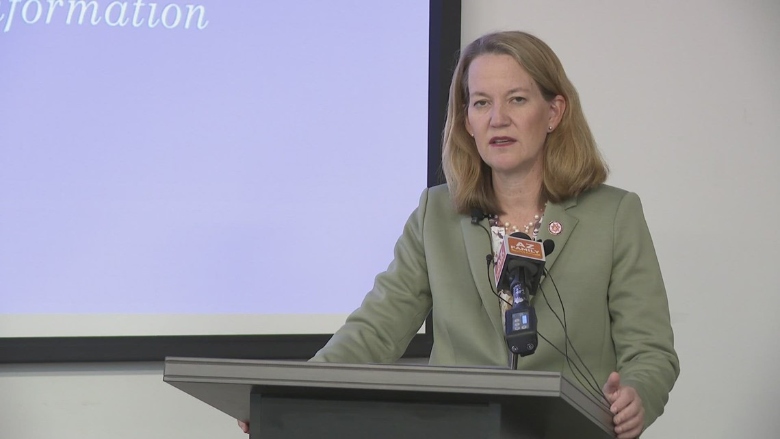Eric Thompson Show
Breaking: Biden Drops Out, Endorses Harris In Shocking Turn Of Events
Kamala Harris Suffers Polling Blow Among Black Women
Vice President Kamala Harris is experiencing a significant decline in support among Black women, a demographic critical to the Democratic base. Recent polling data reveals a troubling trend for Harris, who has often been viewed as a representative of minority communities within the Biden administration.
According to a recent poll by Newsweek, Harris’s favorability among Black voters, particularly Black women, has seen a marked decrease.
Trending: J.D. Vance Blocks Biden Nominees Over LGBT Agenda – Leaked Memo
The poll indicates that only 55% of Black women view Harris favorably, a significant drop from previous years when her favorability was much higher. This decline is particularly concerning for the Democratic Party, which has historically relied on robust support from Black women to secure electoral victories.

An analysis by Politico underscores the challenges Harris faces. Her favorability ratings have declined across several demographics, but the drop among Black women is particularly stark. Politico reports that Harris’s overall favorability rating is now at 39%, with disapproval ratings climbing.
The erosion of support among Black women, who were instrumental in the 2020 election, raises questions about her viability as a future presidential candidate and the broader implications for the Democratic Party’s strategy in 2024.
The MSN poll further highlights the difficulties facing the vice president. It reveals that former President Donald Trump would decisively defeat Harris in a hypothetical matchup. Trump’s lead underscores the vulnerabilities in Harris’s political standing, particularly among voters who were once seen as her base.
The MSN poll states, “Trump is set to crush Kamala Harris,” highlighting the urgency for the Democratic Party to reassess its approach and address the concerns of disenchanted voters.
Several factors contribute to Harris’s declining support among Black women. Critics argue that her tenure as vice president has been marked by a lack of significant achievements and visibility. Despite her historic election as the first female, Black, and South Asian vice president, Harris has struggled to carve out a distinct political identity. Her role has often been overshadowed by President Biden, leaving her accomplishments and initiatives less visible to the public.
Furthermore, some Black women feel that Harris has not adequately addressed issues that directly impact their communities. From economic disparities to systemic racism and criminal justice reform, there is a sentiment that Harris has not delivered on the promises that were made during the campaign. This perceived disconnect between Harris and the needs of Black women is eroding the trust and support she once enjoyed.
Conservative commentators point to these polling numbers as evidence of broader dissatisfaction with the Democratic leadership. They argue that the decline in Harris’s support is symptomatic of the party’s failure to address the real concerns of Black Americans.
This perspective suggests that the Democratic Party is taking the support of Black women for granted, a miscalculation that could have significant electoral consequences.
Despite the concerning poll numbers, some analysts believe that Harris still has time to recover. They argue that increased engagement with Black communities and a more prominent role in addressing key issues could help rebuild her support base. However, this will require a strategic shift and a commitment to delivering tangible results that resonate with Black women.
The Democratic Party faces a critical juncture as it prepares for the 2024 election. Rebuilding Harris’s favorability among Black women will be essential for maintaining a unified and motivated voter base. As one of the party’s most prominent figures, Harris’s ability to connect with and energize Black women voters could play a pivotal role in the upcoming electoral battles.
In the coming months, it will be crucial for Harris to amplify her visibility and focus on policies that address the specific concerns of Black women. Whether through economic initiatives, criminal justice reform, or healthcare policies, demonstrating tangible progress will be key to reversing the current trend.
The decline in support for Kamala Harris among Black women is a warning signal for the Democratic Party. Addressing this issue head-on will be necessary to secure the trust and enthusiasm of a critical voter demographic as the party looks toward the future.

